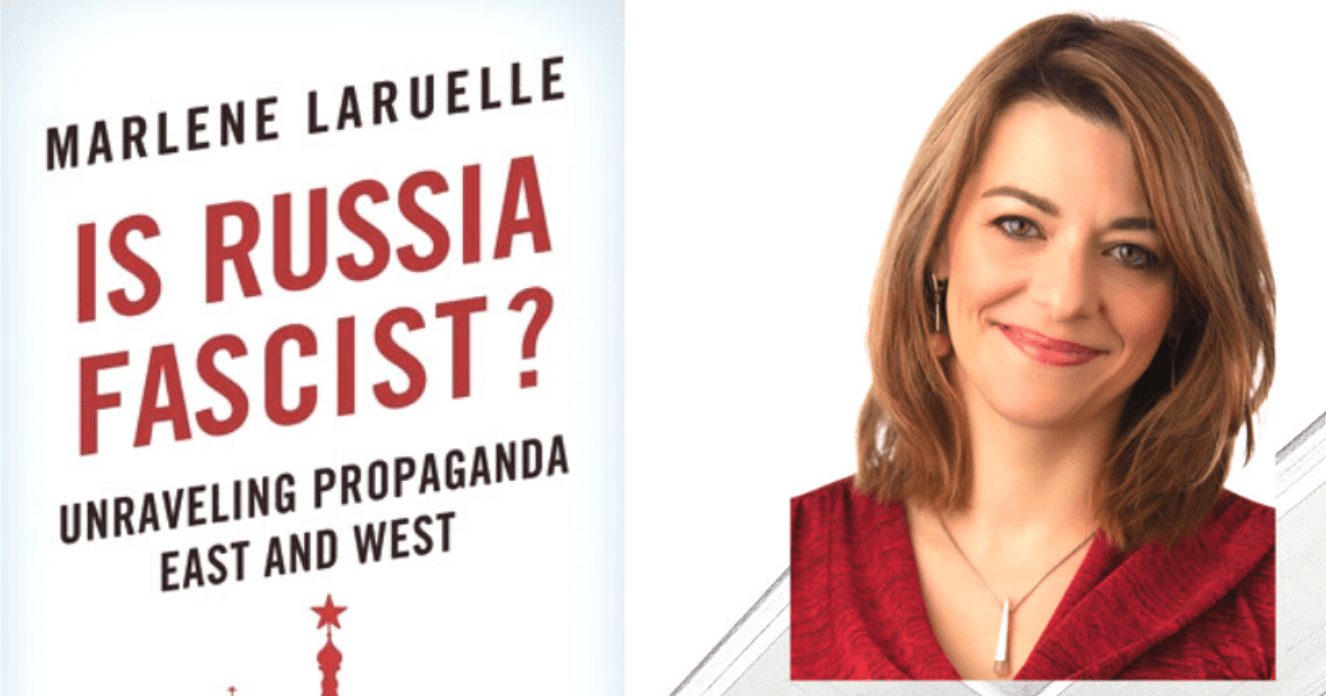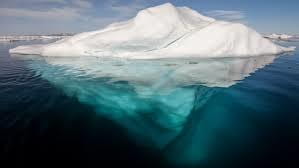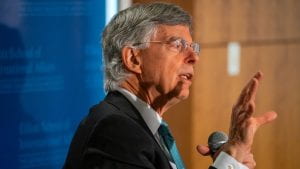
In a recently published New York Times op-ed, Dr. Marlene Laruelle explores the brewing domestic political crisis in Russia and describes a country starkly divided. “In the wake of a stunning counteroffensive in which Ukrainian forces reclaimed over 1,000 miles of territory, Russia is uneasy,” says Laruelle.
Marlene Laruelle, Ph.D., is a Research Professor of International Affairs and the Director of the Institute for European, Russian and Eurasian Studies (IERES) within the Elliott School of International Affairs. The Institute’s primary mission is to “promote and support the study of Europe and Eurasia through research, courses, events, and publications.”
Dr. Laruelle’s research focuses on illiberalism, the transnational far-right, and the Russian ideological landscape. She is the author of Is Russia Fascist? Unraveling Propaganda East and West where she explores accusations of fascism toward Russia and expertly examines the Russian domestic scene and the Kremlin’s foreign policy rationales.
“Among citizens, interest in the war and the accompanying rally-around-the-flag effect are waning,” Dr. Laruelle notes. Protests against Putin’s 300,000 troop mobilization have engulfed parts of Moscow, St. Petersburg and 36 other cities, resulting in the arrests of over 1,300 on Wednesday night. This year alone, nearly 4 million citizens have fled Russia, including up to 15,000 millionaires.
Since the war began in February, 2022, the media has sought out the institute and Dr. Laurelle to provide expert analysis of the conflict. On March 1, Dr. Laurelle was one of five panelists that included former Ambassador and Elliott alumnus, Kurt Volker, in an event titled “Conflict in Ukraine” a mere six days after Russia attacked that country.
In mid-March, IERES, PONARS Eurasia, and the Petrach Program on Ukraine hosted Ukrainathon, a 24-hour “marathon” online event on Russia’s invasion of Ukraine. The program featured continuous 15-minute talks from more than 90 international experts to provide comprehensive insight into the war from multiple angles.
Recently, GW alumna, Jenna Segal, B.A. ‘98 and her husband Paul wanted to assist Ukrainains in need. Working with Elliott School Dean, Alyssa Ayreas, and Dr. Laurelle, the Segals’ established a Fund for Scholars Affected by the War in Ukraine and is run by the IERES and headquartered at the Elliott School.
According to the report in GW Today, The Segals’ gift will support scholars based in Ukraine or who were forced to flee the country. Each semester for five years, the Elliott School will welcome three visiting fellows to campus, with compensation commensurate with their experience. GW President Mark S. Wrighton said, “The establishment of this fund at the George Washington University will undoubtedly further the Elliott School of International Affairs’ important global reach and impact.”







